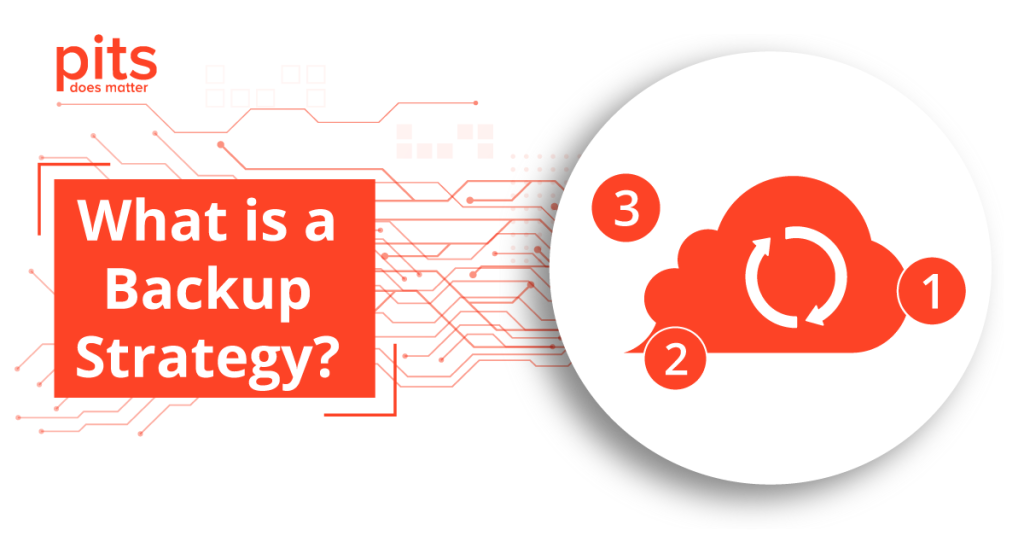A Trojan virus, commonly referred to simply as a “Trojan,” is a type of malicious software designed to deceive users into downloading and executing it under the guise of a legitimate program. Unlike viruses or worms, Trojans do not replicate themselves; instead, they rely on user actions to infiltrate systems. This blog post will explain what Trojan viruses are, how they operate, and how to protect yourself from them.
How Do Trojan Viruses Work?
Trojan viruses typically disguise themselves as harmless or useful software to trick users into downloading them. Once installed, they can perform various malicious activities, including:
- Data Theft: Trojans can steal sensitive information, such as passwords, credit card numbers, and personal files.
- Backdoor Access: They may create a backdoor, allowing cybercriminals to access and control your system remotely without your knowledge.
- Spyware Installation: Trojans can install additional malware, such as spyware, to monitor your activities and collect further data.
- System Damage: Some Trojans can corrupt files, disrupt system functionality, or even erase data.
Common Types of Trojan Viruses
-
Remote Access Trojans (RATs): Allow attackers to control the infected computer remotely.
-
Banking Trojans: Designed to steal financial information, such as online banking credentials.
-
Trojan Downloaders: Download and install other malware onto the infected system.
-
Trojan Horses: Disguise themselves as legitimate software to trick users into installation.
How to Protect Yourself from Trojan Viruses
1. Use Antivirus Software
Installing and regularly updating reputable antivirus software can help detect and remove Trojans before they can cause harm. Ensure real-time protection is enabled to monitor downloads and applications.
2. Be Cautious with Downloads
Only download software from trusted sources. Be wary of free downloads, especially from unknown websites, as they may contain hidden Trojans.
3. Enable Firewall Protection
Firewalls can help block unauthorized access to your computer and alert you to suspicious activity. Ensure your operating system’s built-in firewall is enabled.
4. Regularly Update Software
Keep your operating system and applications updated to protect against known vulnerabilities that Trojans might exploit.
5. Educate Yourself and Others
Understanding the characteristics of Trojan viruses can help you identify potential threats. Educate yourself and those around you on safe online practices, such as recognizing phishing attempts and avoiding suspicious links.
What to Do If Infected
If you suspect your device is infected with a Trojan virus, take immediate action:
-
Disconnect from the Internet: This prevents further data theft and stops the Trojan from communicating with its server.
-
Run a Full System Scan: Use your antivirus software to perform a thorough scan and remove any detected threats.
-
Change Passwords: Change passwords for sensitive accounts, especially banking and email, to prevent unauthorized access.
-
Restore from Backup: If the damage is significant, consider restoring your system to a previous state using a backup.
-
Seek Professional Help: If you cannot remove the Trojan or are unsure about the damage, consider consulting a cybersecurity professional.
Conclusion
Understanding what a Trojan virus is and how it operates is crucial in today’s digital landscape. By taking proactive measures to protect your system and being vigilant about your online activities, you can significantly reduce the risk of falling victim to these deceptive threats.


